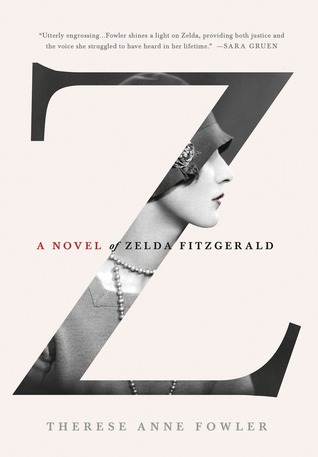Disappointed. If you want the very short version of my review of Roth's third book in the Divergent series, that's all you need to know. If you're interested in reading a more detailed review, or if you want to know why I was disappointed, keep reading.
(Spoiler Alerts...read at your own risk...yadda yadda yadda)
"Allegiant" begins in the aftermath of "Insurgent"'s conclusion, with the revelation to the people within the city that they are secluded from the rest of society because people outside the chain link fence will need the people of the factions to rescue them. A rebel group, the Allegiant, aim to overthrow Evelyn Johnson's factionless society. Headed by Cara and Johanna, the Allegiant organize a group to sneak past the security at the fence in order to make contact with the outside world.
Faults: So, it sounds exciting, right? But out of the three books in the series, this final installment had the weakest development. When I'm lost in a good story, I am thoroughly invested in the experience the author has created for me. I enjoyed that experience in the first two books, but as I was reading "Allegiant" I felt like I was walking through a story with gaping holes everywhere: ideas that weren't complete, segues that were shaky, characters that weren't appropriately introduced. One of the biggest faults in the story, I felt, was voice development. Roth broke away from Tris's solo narration and gave some chapters over to Tobias to tell. But Tobias didn't have his own individual voice! His voice was not unique enough to carry his own chapters and his voice was not true to the character I had grown fond of during the first two books. Frequently during the Tobias chapters I forgot who was telling the story, because he sounded so much like Tris. He'd express himself and I thought, "Really??" It simply wasn't believable.
So many times while I read this book I thought it felt rushed, like Roth was writing for a deadline instead of investing time in making the story polished and complete. I almost wondered if she thought, "This is my third book and I have such a strong following. People are going to buy it even if I don't put as much effort into it." I know, that's really unfair of me. But I was sorely let down by the style and development of the story. And the ending...don't get me started on the ending. It was not only disappointing, but wholly unnecessary. Perhaps Roth felt it was justified, but she didn't prove it to me.
Positives: There were a few shining gems hidden throughout the story. I love reading books on my phone so I can highlight the articulate ideas and phrases that are pleasing to my senses, the parts that resonate with my heart. A few examples:
"The first step to loving anyone is to recognize the same evil in ourselves, so we're able to forgive them."
"It seems fitting that the blow would leave a mark on both of us. That's how the world works."
"I know what people who are stained with violence look like."
"If we stay together, I'll have to forgive you over and over again, if you're still in this, you'll have to forgive me over and over again too."
"I think you're still the only person sharp enough to sharpen someone like me."
"I fell in love with him. But I don't just stay with him by default as if there's no one else available to me. I stay with him because I choose to, every day that I wake up, every day that we fight or lie to each other or disappoint each other. I choose him over and over again, and he chooses me."
"Time can make a place shrink, make its strangeness ordinary."
"Don't confuse your grief with guilt."
"It's what you deserve to hear..., that you're whole, that your worth loving, that you're the best person I've ever met."
"That is not enough of her, but it is also far too much."
There you go, Amy's reflections on "Allegiant." I know lots of people who agree with my feelings as well as lots of people who really enjoyed it. If you've read the first two books, you have to read this one to see how it all wraps up. But be warned, you might not enjoy the end of the ride.
































